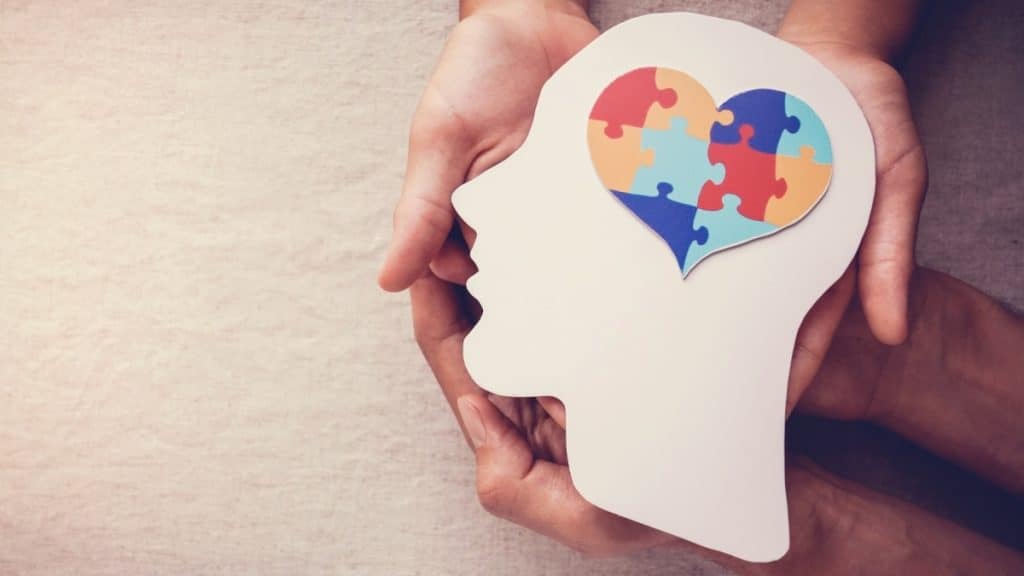Mental health issues are pervasive, affecting millions globally. According to the World Health Organization (WHO), one in four people will be affected by mental or neurological disorders at some point in their lives. Despite its prevalence, mental health remains shrouded in stigma, preventing many from seeking the help they need. This article aims to shed light on mental health, dismantle the stigma, and promote mental wellness. For a lighter take on mental health breaks, you might explore Crazy Time, an entertaining online game that can serve as a fun distraction in moderation.
Understanding Mental Health
Definition and Scope
Mental health encompasses our emotional, psychological, and social well-being. It influences how we think, feel, and act, and plays a crucial role in determining how we handle stress, relate to others, and make choices. Mental health is vital at every stage of life, from childhood and adolescence through adulthood.
Common Mental Health Issues
Mental health disorders are conditions that affect mood, thinking, and behavior. Here are some common types:
- Depression: Characterized by persistent sadness and a lack of interest or pleasure in previously rewarding or enjoyable activities.
- Anxiety Disorders: Include generalized anxiety disorder, panic disorder, and social anxiety disorder, marked by excessive fear or worry.
- Bipolar Disorder: Involves episodes of mood swings ranging from depressive lows to manic highs.
Statistics
Mental health disorders are widespread:
| Disorder | Prevalence (%) | Affected Population |
| Depression | 5% | 280 million |
| Anxiety Disorders | 3.6% | 264 million |
| Bipolar Disorder | 2.3% | 46 million |
(Source: World Health Organization)
The Stigma Surrounding Mental Health
Historical Context
Historically, mental health conditions were often misunderstood and mistreated. In many cultures, mental illness was associated with supernatural forces or moral failings, leading to widespread discrimination and exclusion.
Current Stigmas
Today, stigma persists in various forms:
- Social Stigma: Negative stereotypes and prejudices held by society.
- Self-Stigma: Internalized shame and self-blame by individuals suffering from mental health issues.
- Institutional Stigma: Systematic policies and practices that disadvantage those with mental health conditions.
Impact of Stigma
Stigma has severe consequences:
- Barriers to Seeking Help: Many avoid seeking treatment due to fear of judgment.
- Social Isolation: Stigmatized individuals may withdraw from social interactions.
- Employment Discrimination: Discrimination in the workplace can lead to job loss and financial instability.
Breaking the Stigma
Education and Awareness
Increasing education and awareness is essential for reducing mental health stigma. This involves:
- Public Awareness Campaigns: Campaigns like WHO’s World Mental Health Day and National Alliance on Mental Illness (NAMI) initiatives raise awareness and educate the public.
- School Programs: Integrating mental health education into school curricula can foster early understanding and acceptance.
- Workplace Training: Offering mental health training in the workplace helps create supportive environments.
Personal Stories
Sharing personal stories can significantly impact public perception:
- Real-Life Testimonials: Hearing firsthand accounts from those who have experienced mental health issues can humanize the topic and reduce stigma.
- Celebrity Advocacy: Public figures speaking about their mental health struggles can help normalize the conversation.
Role of Media
The media plays a critical role in shaping public attitudes:
- Accurate Representation: Media should portray mental health issues accurately and sensitively.
- Positive Coverage: Highlighting recovery stories and successful treatment outcomes can provide hope and reduce stigma.
Promoting Mental Wellness
Self-Care Practices
Maintaining mental wellness involves various self-care practices:
- Regular Exercise: Physical activity can reduce symptoms of depression and anxiety.
- Healthy Eating: A balanced diet supports overall mental health.
- Mindfulness and Meditation: These practices can reduce stress and improve mental clarity.
Seeking Professional Help
Encouraging individuals to seek professional help is vital:
- Therapists and Counselors: Professional therapists provide guidance and treatment for mental health issues.
- Psychiatrists: Medical doctors specializing in mental health can prescribe medications and offer treatment plans.
- Support Groups: Group therapy and support groups provide community and shared experiences.
Support Systems
Building a strong support system is crucial for mental wellness:
- Family and Friends: Loved ones can offer emotional support and encouragement.
- Community Resources: Local organizations and online communities can provide additional support.
Resources and Tools
Online Resources
- Mental Health America (MHA): Provides information, tools, and resources on mental health.
- National Institute of Mental Health (NIMH): Offers comprehensive information on mental disorders and treatments.
- Crisis Text Line: Text “HELLO” to 741741 for free, 24/7 support.
Books and Literature
- “The Body Keeps the Score” by Bessel van der Kolk: Explores how trauma impacts the body and mind.
- “Feeling Good” by David D. Burns: A guide to cognitive-behavioral techniques for managing depression.
Local Resources
- Mental Health Clinics: Local clinics provide access to mental health professionals.
- Counseling Centers: Offer therapy and support services.
- Helplines: National and local helplines offer immediate assistance in crises.
Conclusion
Mental health awareness is crucial in breaking the stigma and promoting wellness. Understanding mental health, recognizing the impact of stigma, and taking steps to educate and support individuals can create a more inclusive and supportive society. By leveraging resources, sharing stories, and fostering open conversations, we can make significant strides towards mental wellness for all.
